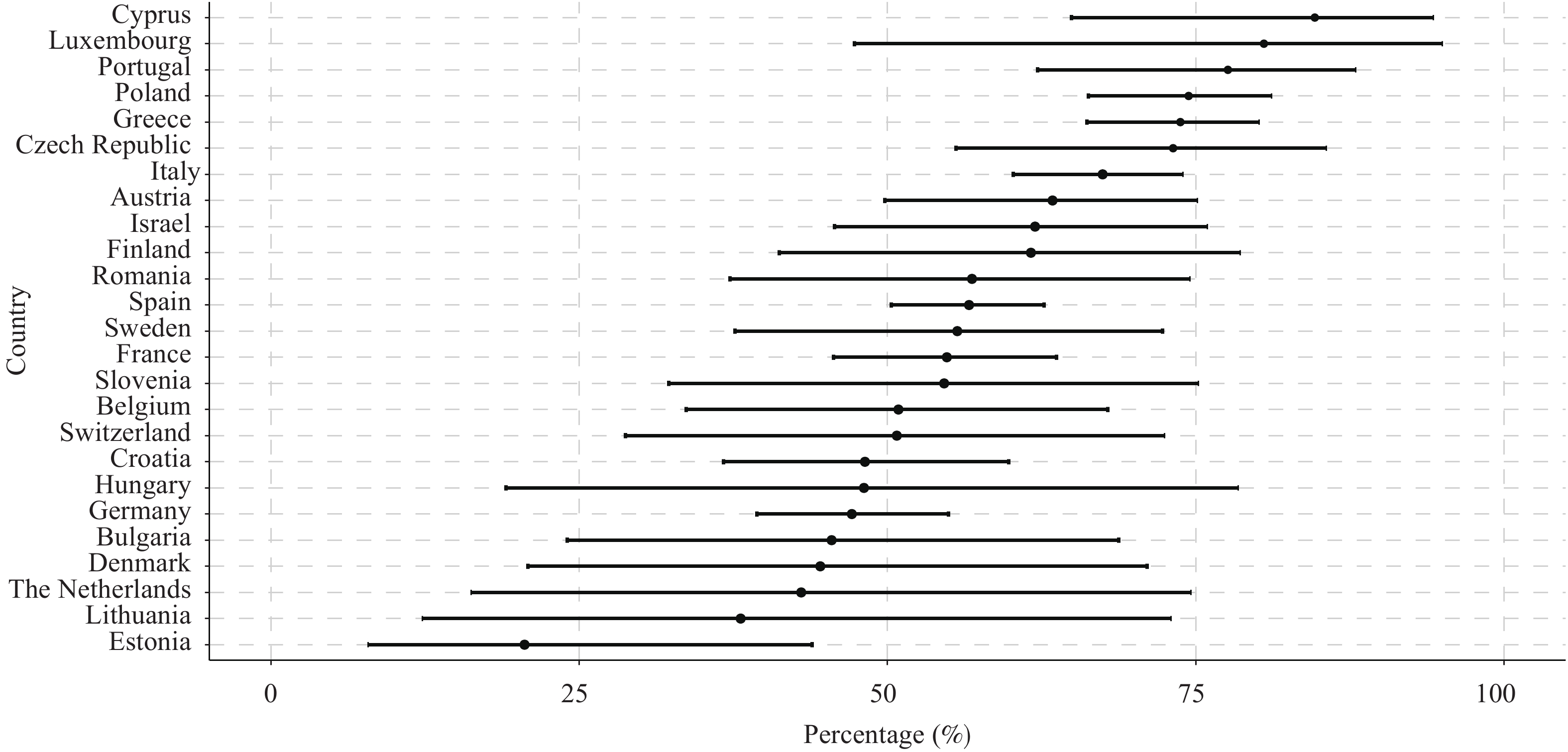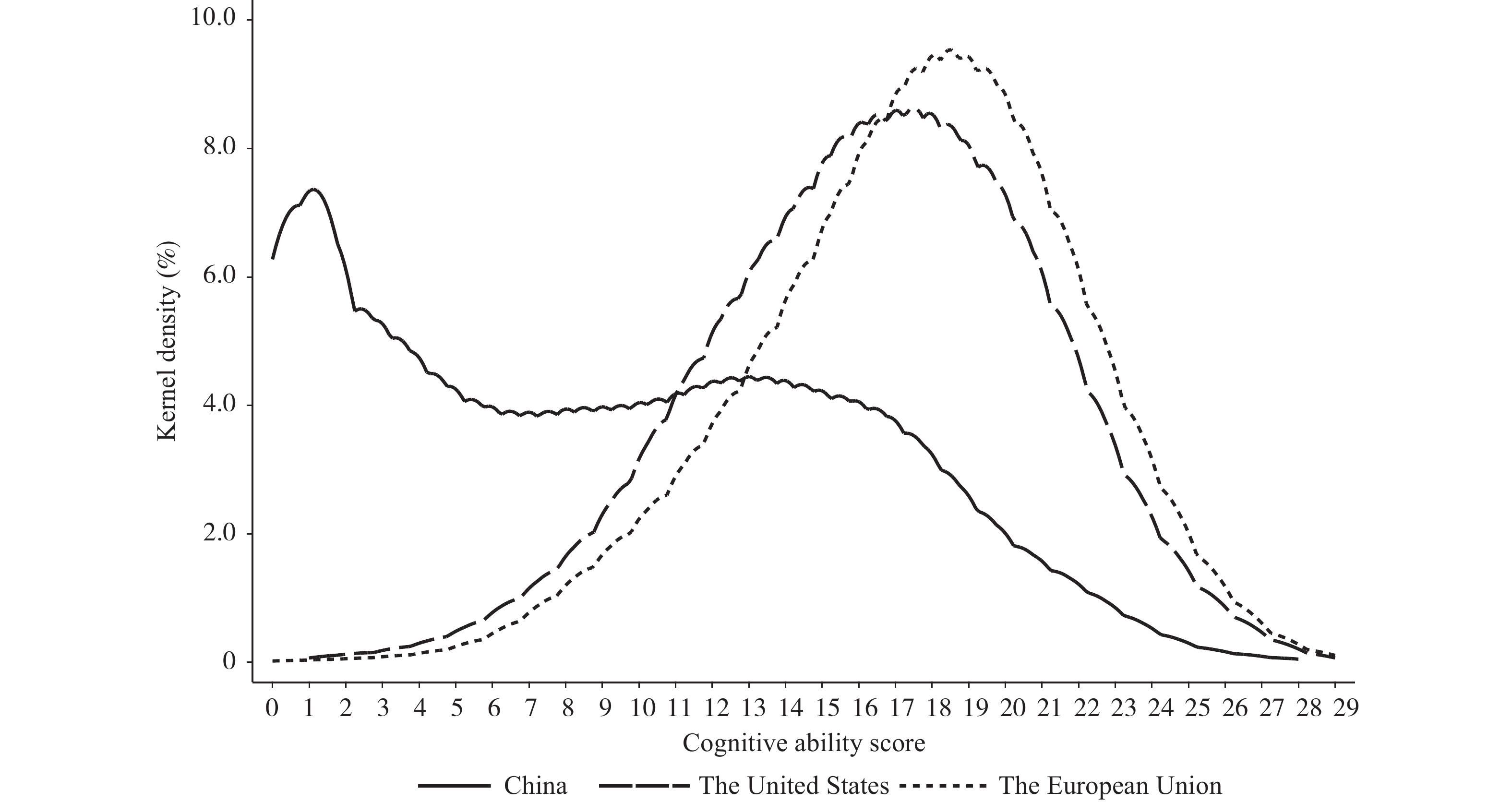2022 Vol. 4, No. 45
Dementia leads public health issues worldwide. China has the largest population of adults living with dementia in the world, imposing increasing burdens on the public health and healthcare systems. Despite improved access to health services, inadequate and uneven dementia management remains common.
The report documents the provincial-level geographic patterns in healthcare utilization, outcomes, and costs for patients hospitalized for dementia in China. Regional patterns demonstrate gaps in equity and efficiency of dementia care and management for dementia patients.
Public health policy and practices should consider geographic disparities in disease burden and healthcare provision to promote equitable allocation of resources for dementia care throughout China.
Lack of social activities is known to negatively impact cognitive functioning and increase risk of cognitive impairment, including dementia, among older adults.
Coronavirus disease 2019 (COVID-19) stay-at-home orders implemented in the U.S. early during the pandemic were not found to negatively affect cognitive functioning of older adults.
There may have been no severe, unintended consequences of the COVID-19 stay-at-home orders in terms of their impact on cognitive functioning and risk of dementia among older adults, lending further support to use of such orders.
With a growing number of people living with dementia (PLWD), the practice of taking multiple medications to manage symptoms or comorbidities, i.e., polypharmacy, among PLWD has become a global health challenge.
In 2015–2019, polypharmacy for PLWD varied substantially among 25 studied countries, with approximately 1 in 5 Estonian PLWD and 4 in 5 Cypriot PLWD having polypharmacy. In addition, Switzerland, Poland, Austria, and the Czech Republic have experienced a significantly increasing trend in polypharmacy for PLWD.
Countries should pay special attention to polypharmacy and make efforts to control polypharmacy among PLWD, especially in countries where the trend of polypharmacy among PLWD has been increasing.
Many health challenges have emerged due to rapid population aging, including declined cognitive ability among older adults.
Childhood circumstances have significant and lasting impacts on cognition in old age. This study compared cognition data from China with both the United States (U.S.) and the European Union (EU) during 2008–2018, finding that childhood circumstances could respectively explain 65.4% [95% confidence interval (CI): 59.4%, 71.4%] (China vs. the U.S.) and 38.2% (95% CI: 35.1%, 41.2%) (China vs. the EU) of the overall differences in cognition among older adults. Family socioeconomic status explained the largest share of differences among all considered childhood circumstances.
Large disparities in cognition should be addressed by mitigating childhood disadvantages.



 Subscribe for E-mail Alerts
Subscribe for E-mail Alerts CCDC Weekly RSS Feed
CCDC Weekly RSS Feed

